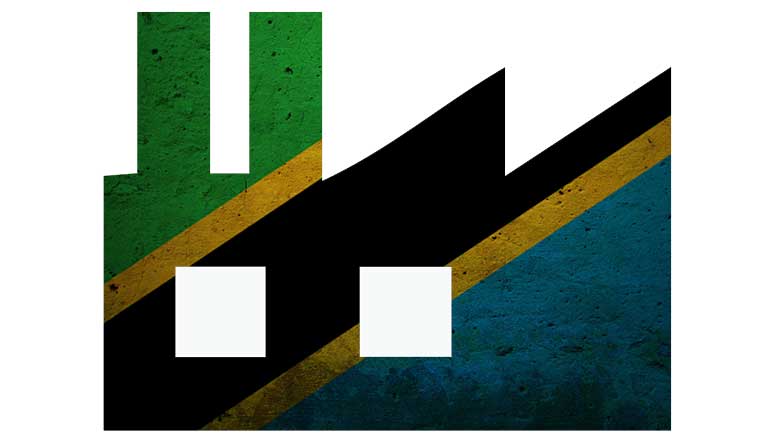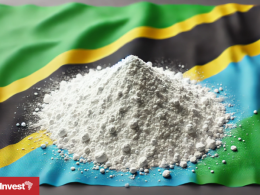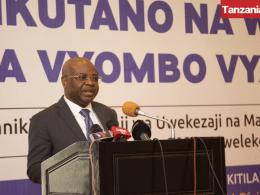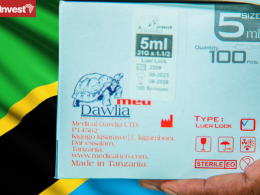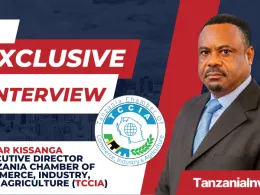Tanzania is among the top five countries by manufacturing growth in Africa, according to the recently published Q2 2016 Economic Insight: Africa, by the Institute of Chartered Accountants in England and Wales (ICAEW).
The top countries by manufacturing sector output are Ethiopia and Republic of Congo with 10% annual growth since 2000, and Angola, Tanzania, and Rwanda with 8% growth per annum.
ICAEW attributes the growth to various factors, including an improved infrastructure, openness to foreign investment, a more business-friendly approach to regulation, and skills investment.
Manufacturing in Tanzania
The manufacturing sector in Tanzania consists mainly of food processing (24%), textiles and clothing (10%), chemicals (8.5%), and others, including beverages, leather and leather products, paper and paper products, publishing and printing, and plastics.
Export of Tanzanian manufactured goods includes cotton yarn, processed coffee and tobacco, sisal products (yarn and twine), wheat flour, plastic items, textile apparel, and cement.
Tanzania’s manufactured goods export tripled over the past 5 years, increasing from USD 497.7m in 2010 to USD 1.4bn in 2015, accounting for 25% of Tanzania’s total export value.
Tanzania aims to become a semi-industrialized nation by 2025. For this, the contribution of manufacturing to the national economy must reach a minimum of 40% of the GDP, Tanzania’s 2025 vision indicates.
To achieve this, Tanzania aims to develop a broad and diverse base of manufacturing, processing and packaging industries that will lead both the productive as well as the export trade sector.
Foreign Direct Investments (FDIs) are expected to provide the capital for the desired industrial development.
For this, Tanzania launched its Export Processing Zone Program in 2008. Tanzania’s Export Processing Zones Authority (EPZA) promotes investments in Tanzania’s Special Economic Zones (SEZs) and Export Processing Zones (EPZs) by granting investors fiscal and non-fiscal incentives.
Since their introduction, the two schemes have generated USD1b in foreign currency.
According to the 2016–2017 budget framework, Tanzania plans to increase spending on industrial and infrastructure projects.





